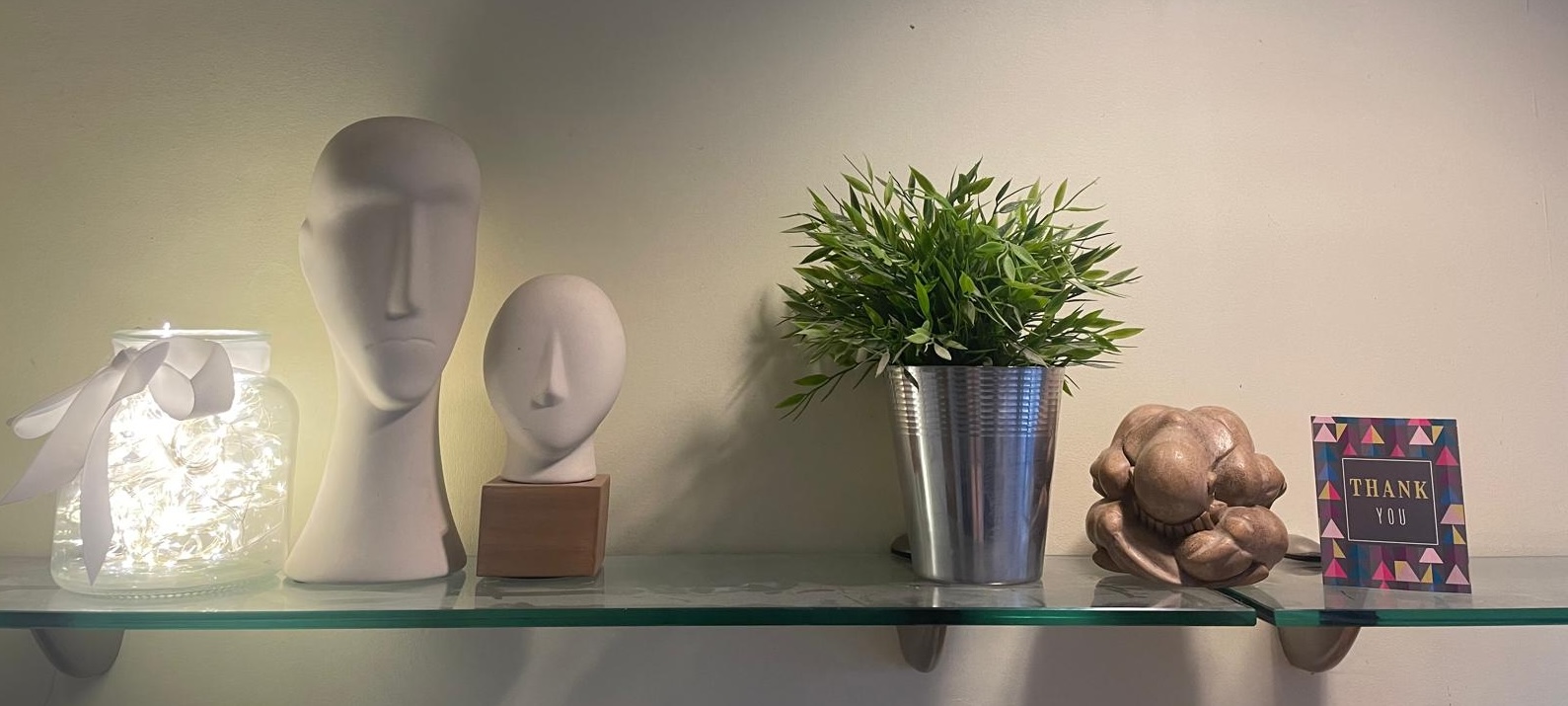|
We may associate relaxing with ‘wasting time’ but in fact, regular relaxation and stress management are important for physical and emotional health. Chronic stress is the type of stress that can wreak havoc on your health and can lead to stress-related problems including heart disease, high blood pressure, auto-immune and mental health disorders.
Here are some of the best relaxation strategies to combat stress:
Breathing exercises
The ones above are wonderful as they can be used at any time and at any place. Meditation / Mindfulness
Even if you’ve tried it before and not succeeded its worth another try. Think of somewhere relaxing and peaceful and let your mind drift and your body relax. Try chanting a mantra or positive phrase and let distracting thoughts float away.
Taking a break – distraction ideas
Just stepping away from something stressful can help you feel calmer. Read a book or magazine, follow a recipe, go for a walk, run a bath, walk in nature, watch a film, sew, dance, paint, draw, play an instrument or just spend time playing with your pet.
Listen to music
Music can relax you, connect your emotions and distract your thoughts. Turn up the volume, dance and sing or put the headphones on and close your eyes and relax. Focus on the music and let your thoughts fade away.
Exercise
It may seem strange that exercise is the opposite of relaxation but a good workout can make you feel relaxed. A release of endorphins from exercise helps stress and can aid relaxation.
Have a Routine
Getting up at the same time every day and having a routine helps to stay focussed. Writing lists, ticking off jobs and doing something different at the weekends also helps to be moe productive and reduce stress.
Take a tech break
Technology can be great to help you feel connected but overuse can make you feel overstressed. Turn off your phone for an hour (or even a day). Step away from the TV and have a break from social networks.
Have Fun!
Letting loose and having (virtual) fun with family and friends is an excellent way to release stress. Prioritising ‘fun’ is good for balance as well as physical and emotional health.
We hope these tips, reminders and exercises will help you to feel more relaxed while we are still closed
|


